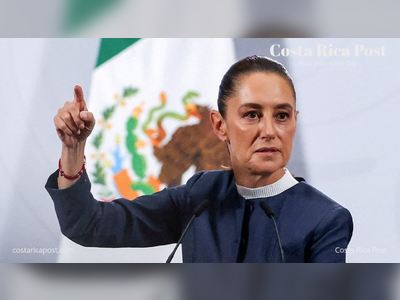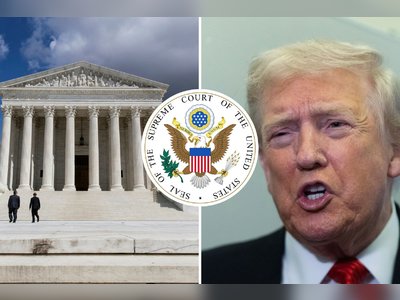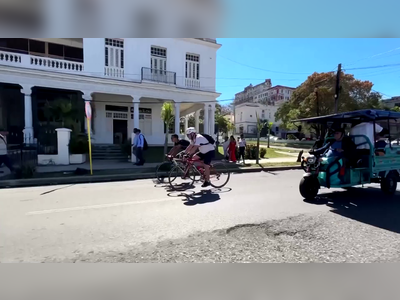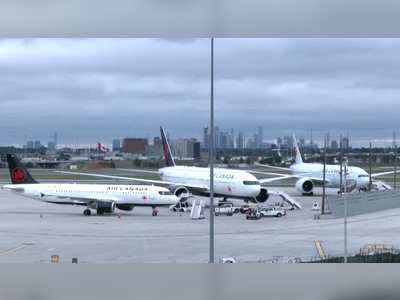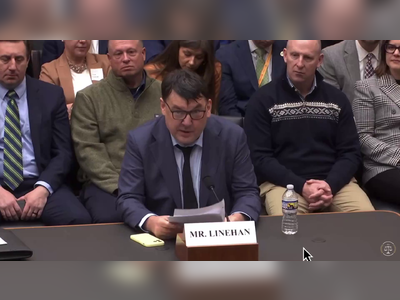Chaves Administration Faces Scrutiny Over Increased Emergency Decrees
A surge in emergency measures raises questions about oversight and fiscal implications
Costa Rican President Rodrigo Chaves Robles has issued an unusually high number of emergency decrees, according to the State of the Nation report.
Over 21 resolutions have been signed between 2022 and 2024, a period marked by fewer hydrometeorological events than seen in previous years.
This figure surpasses the decrees issued by the previous seven administrations during their first two years in office.
The last time such a tally was recorded was in the administration of Rafael Ángel Calderón Fournier in 1990, with 32 declarations.
While emergency decrees enable swift governmental response during crises or disasters, the State of the Nation warns against potential misuse.
These decrees can bypass standard oversight mechanisms, such as the General Comptroller’s Office.
Among the decrees signed by the Chaves administration are modifications, expansions, and terminations of pre-existing emergency states.
In an instance from June 2023, President Chaves included the repair of a runway at the Daniel Oduber Airport in Liberia under a pre-existing emergency decree relating to the tropical storm Bonnie from July 2022.
This maneuver prevented the Comptroller from vetting the legitimacy of the hiring process granted to Constructora MECO, which allegedly involved a markup of ₡1,000 million.
The administration has also declared emergencies for diverse issues like avian influenza, the 'anillo rojo' disease, the giant African snail, the screwworm, and managing mixed migration flows.
Despite a nearly 92% reduction in hydrometeorological and geological disasters between 2022 and 2023, these declarations have continued unabated.
Ronald Alfaro, a researcher with the State of the Nation, informed _La Nación_ that since Costa Rica's _National Emergency and Risk Prevention Law (8488)_ in 2005, the criteria for declaring emergencies have become more stringent.
“The issue is when emergency decrees are used for purposes unrelated to natural events,” Alfaro stated.
The legislation allows the National Emergency Commission (CNE) to conduct procurement without standard reviews.
Consequently, emergency purchases by the CNE increased by more than 200% in 2023, maintaining that trend into early 2024.
Although a direct link was not established, future investigations will examine these decrees' impact on procurement surges.
Additionally, despite a cheaper bid from Consorcio Pedregal, the CNE awarded MECO the airport runway contract at seemingly inflated costs—an appeal from Consorcio Pedregal was dismissed due to a lack of jurisdiction from the Comptroller's Office.
The State of the Nation also analyzed the issuance of executive decrees since Calderón Fournier's administration in 1990 to assess policy proactivity.
Though Chaves's administration issued 343 decrees in its second year—20% fewer than its first year—the sheer output of decrees with significant public impact was the highest with a sharp decline in its second year.
“The administration shifted towards emergency decrees for issues like the African snail, raising questions regarding their necessity,” noted Ronald Alfaro.
Over 21 resolutions have been signed between 2022 and 2024, a period marked by fewer hydrometeorological events than seen in previous years.
This figure surpasses the decrees issued by the previous seven administrations during their first two years in office.
The last time such a tally was recorded was in the administration of Rafael Ángel Calderón Fournier in 1990, with 32 declarations.
While emergency decrees enable swift governmental response during crises or disasters, the State of the Nation warns against potential misuse.
These decrees can bypass standard oversight mechanisms, such as the General Comptroller’s Office.
Among the decrees signed by the Chaves administration are modifications, expansions, and terminations of pre-existing emergency states.
In an instance from June 2023, President Chaves included the repair of a runway at the Daniel Oduber Airport in Liberia under a pre-existing emergency decree relating to the tropical storm Bonnie from July 2022.
This maneuver prevented the Comptroller from vetting the legitimacy of the hiring process granted to Constructora MECO, which allegedly involved a markup of ₡1,000 million.
The administration has also declared emergencies for diverse issues like avian influenza, the 'anillo rojo' disease, the giant African snail, the screwworm, and managing mixed migration flows.
Despite a nearly 92% reduction in hydrometeorological and geological disasters between 2022 and 2023, these declarations have continued unabated.
Ronald Alfaro, a researcher with the State of the Nation, informed _La Nación_ that since Costa Rica's _National Emergency and Risk Prevention Law (8488)_ in 2005, the criteria for declaring emergencies have become more stringent.
“The issue is when emergency decrees are used for purposes unrelated to natural events,” Alfaro stated.
The legislation allows the National Emergency Commission (CNE) to conduct procurement without standard reviews.
Consequently, emergency purchases by the CNE increased by more than 200% in 2023, maintaining that trend into early 2024.
Although a direct link was not established, future investigations will examine these decrees' impact on procurement surges.
Additionally, despite a cheaper bid from Consorcio Pedregal, the CNE awarded MECO the airport runway contract at seemingly inflated costs—an appeal from Consorcio Pedregal was dismissed due to a lack of jurisdiction from the Comptroller's Office.
The State of the Nation also analyzed the issuance of executive decrees since Calderón Fournier's administration in 1990 to assess policy proactivity.
Though Chaves's administration issued 343 decrees in its second year—20% fewer than its first year—the sheer output of decrees with significant public impact was the highest with a sharp decline in its second year.
“The administration shifted towards emergency decrees for issues like the African snail, raising questions regarding their necessity,” noted Ronald Alfaro.
